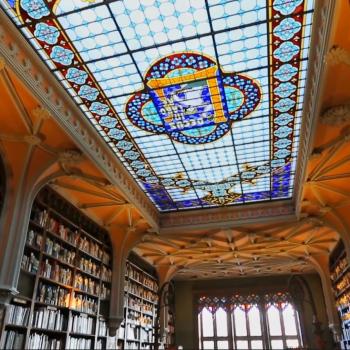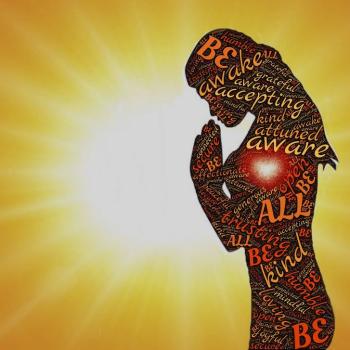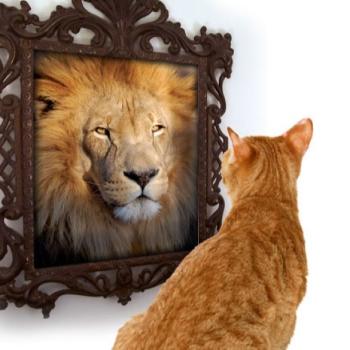I have described these intra-Muslim dialectics in great detail in my recent book The First Muslims: History and Memory (Oneworld Publications, 2008). I arrive at the conclusion there, on the basis of close textual and historical analysis, that it is the liberal and modernist Muslim understanding that captures the dynamic spirit of early Islam, and its egalitarian and just values. The focus on shared values and principles is what allows liberal Muslims to remain connected with the past even as they attempt to fashion creative responses to the challenges of modernity. Absolutists typically tend to ask how something was done in the past; liberals will ask instead why something was done in the past. The former therefore often show an obsessive tendency for simple replication of past acts without analyzing their larger context; liberals prefer to contextualize these acts and retrieve the rationale for carrying them out in the first place and analyze whether such conditions apply in the contemporary period.
These different approaches to the central issues of our time allow for radically different world-views to emerge among Muslims, based on whether the past is conceived as a frozen, mythic entity available for wholesale replication today or as offering a repertoire of enduring universal values and possible courses of actions, mediated by contemporary contingencies. In my opinion, the future of Islam as a lived, dynamic, and nurturing religion for the 21st century hinges on the liberal world-view gaining ground among Muslims. I am cautiously optimistic that this will happen because that is the more historically credible and morally compelling alternative . . . unless external political events, over which Muslims have little control, pre-empt this likely trajectory.
Asma Afsaruddin is Professor of Islamic Studies in the Department of Near Eastern Languages & Cultures and Adjunct Professor in the Department of Religious Studies at Indiana University, Bloomington. She is the author and editor of four books, including The First Muslims: History and Memory (2008) and Excellence and Precedence: Medieval Islamic Discourse on Legitimate Leadership (1999). She has also written several articles and essays on pluralism in Islamic thought, internal debates about reform among Muslims, inter-faith relations, war and peace in the Islamic tradition, and gender issues. A recipient of grants from the Guggenheim Foundation and the Carnegie Corporation, Afsaruddin is currently completing a manuscript on jihad and martyrdom in Islamic thought and practice, forthcoming from Oxford University Press.




